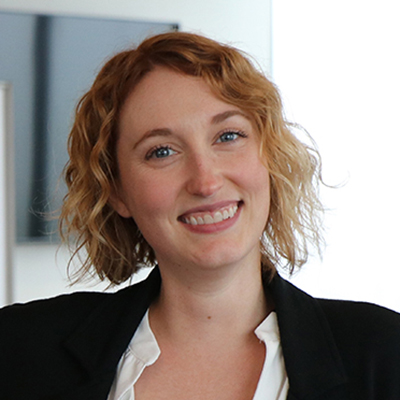Graduate Tax Program Introduces Concentration in Estate Planning
Offered to online and residential students, the GTP’s first formal concentration will be available in fall 2016.
 Boston University School of Law’s Graduate Tax Program (GTP) is introducing a new concentration in Estate Planning, which will be available to both online and residential students in fall 2016.
Boston University School of Law’s Graduate Tax Program (GTP) is introducing a new concentration in Estate Planning, which will be available to both online and residential students in fall 2016.
“The demand for good tax attorneys is much greater than the supply right now, and there is a huge opportunity for someone who wants to focus on estate planning and income taxation of decedents, estates, and trusts,” says Leo Cushing (’85), founding partner at Cushing & Dolan PC and lecturer in law for the GTP’s Taxation of Trusts and Fiduciaries course.
Building upon the tax law fundamentals that comprise the GTP’s core curriculum, the formal concentration will provide students with a set of courses designed to develop or enhance their expertise in the specialized area of estate planning within tax. To complete the concentration, students must take three required courses—Estate & Gift Taxation, Estate Planning, and Taxation of Trusts and Fiduciaries—and select three electives from other GTP course offerings, including Elder Law, International Estate Planning, and Tax Aspects of Charitable Giving, among others. Students who complete these requirements will have the concentration named on their final transcript.
Available in both online and residential formats, all of the courses in the Estate Planning concentration are taught by leading tax law experts, including many attorneys who practice in the surrounding Boston community. As they enhance their professional credentials by obtaining the LLM degree, GTP students benefit from the connections they make with the highly experienced practitioners who teach them.
“As an alum, I appreciated the breadth of content covered in the LLM in Taxation coursework,” says Melissa Langa (’96), managing shareholder of Bove & Langa and adjunct professor with the GTP. “Even though I focus on estate planning, gift tax, and foreign tax for individuals, that base knowledge has been valuable to me.”
Ruth Mattson (’08), a shareholder at Bove & Langa, agrees. She and Langa co-teach the hybrid residential/online Estate Planning course now required as part of the Estate Planning concentration. “Employers won’t need to go through a candidate’s transcript to make sure all the estate planning courses are there,” she says. “They can see that concentration and be assured the student has the broad background in tax and also the focused background in estate planning.”
For more information on the Graduate Tax Program’s concentration in Estate Planning, please visit here.
